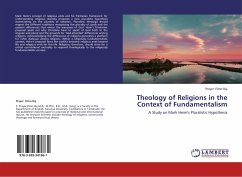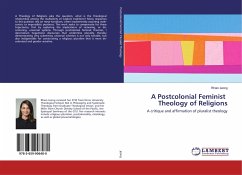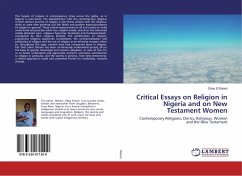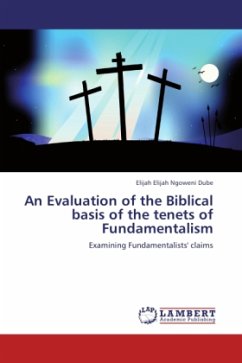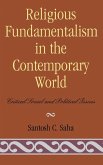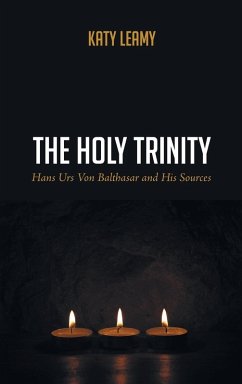Mark Heim's concept of religious ends and his Trinitarian framework for understanding religious diversity proposes a new pluralistic hypothesis accentuating on the plurality of salvation. Pluralistic theology should respect the different traditions recognizing the plurality of goals and the existent differences that mirror the manyness of God. Heim's Trinitarian proposal spells out why Christians have to speak of God both in the singular and plural and the grounds for 'God-intended' differences among religions. Acknowledging the differences of religions generates a platform for richer dialogue among religions. Within a religiously fundamentalistic context, Heim's proposal faces the conflict between religious ends beyond life and religious ends for this life. Religions, therefore, should strive for a critical correlational mutuality to respond theologically to the religiously fundamentalistic context.
Bitte wählen Sie Ihr Anliegen aus.
Rechnungen
Retourenschein anfordern
Bestellstatus
Storno

